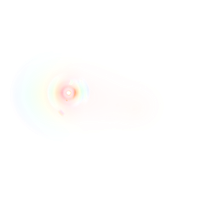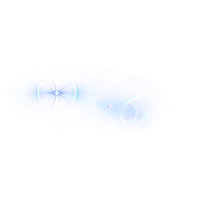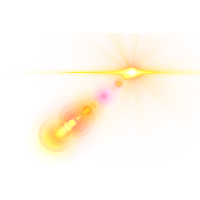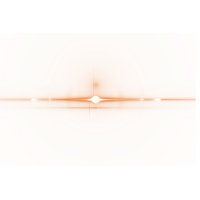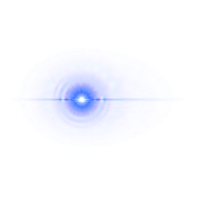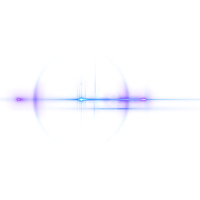Lens flare refers to a development whereby light-weight is scattered or flaring in an exceedingly lens, typically in response to a bright light-weight, manufacturing a generally undesirable physical object at intervals the image. This happens through light-weight scattered by the imaging mechanism itself, as an example through internal reflection and scattering from material imperfections within the lens. Lenses with massive numbers of parts like zooms tend to exhibit bigger lens flare, as they contain a comparatively sizable amount of interfaces at that internal scattering might occur. These mechanisms take issue from the targeted image generation mechanism that depends on rays from the refraction of sunshine from the topic itself. Flare manifests itself in 2 ways as visible artefacts, and as a haze across the image. Visible artefacts, sometimes within the form of the lens iris, are fashioned once light-weight follows a pathway through the lens that contains one or additional reflections from the lens surfaces.
Flare is especially caused by terribly bright light-weight sources. Most ordinarily, this happens once shooting into the sun (when the sun is in the frame or the lens is pointed within the direction of the sun) and is reduced by employing a lens hood or different shade. For good-quality optical systems, and for many pictures (which don't have a bright light-weight shining into the lens), the flare may be a secondary impact that's cosmopolitan across the image and therefore not visible, though it will cut back distinction. The spatial distribution of the lens flare generally manifests as many starbursts, rings, or circles in an exceedingly row across the image or read. Lens flare patterns generally unfold wide across the scene and alter location with the camera's movement relative to light-weight sources, following with the sunshine position and weakening because the camera points removed from the brilliant light till it causes no flare in the least. The particular spatial distribution of the flare depends on the form of the aperture of the image formation parts. As an example, if the lens includes a 6-bladed aperture, the flare might have a polygon pattern. Such internal scattering is additionally gifted within the human eye, associated manifests in an unwanted net glare most blatant once viewing terribly bright lights or extremely reflective surfaces. In some things, eyelashes also can produce flare-like irregularities, though these are technically optical phenomenon artefacts.
In this sub category you can download free PNG images: Flare Lens Artistic. In this category "Flare Lens" we have 13 free PNG images with transparent background.






